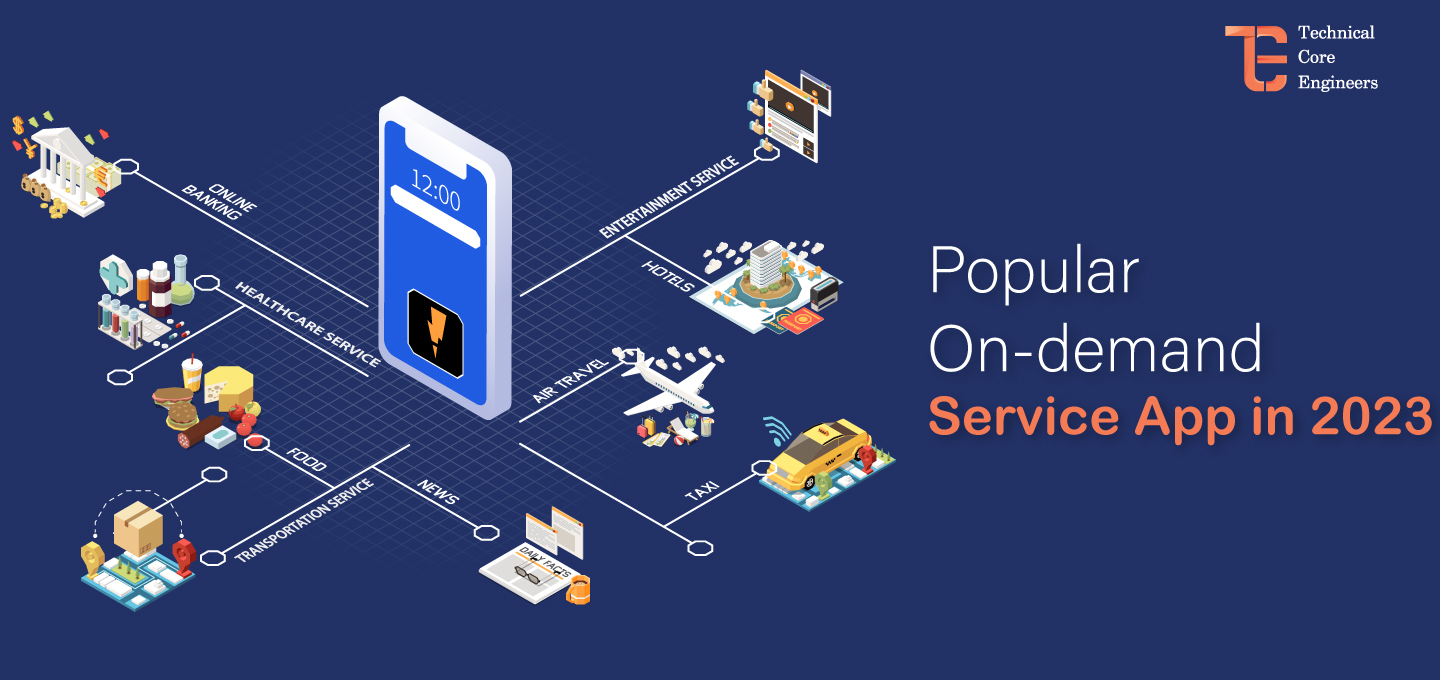- Home
- App Development
- Mobile App Security: Exploring ...

Mobile App Security is critical for businesses and consumers alike. Mobile apps are increasingly being used to store and process sensitive data, making them a target for hackers.
Moreover, Mobile app security refers to the measures and practices that are implemented to produce mobile applications from various security threats and vulnerabilities. As mobile apps have become an integral part of our personal and professional lives, ensuring their security has become crucial to prevent data breaches, unauthorized access, and other malicious activities.
Mobile App Security

In today’s interconnected world, mobile applications have become an integral part of our daily lives, transforming the way we communicate, work, and engage with information and services. Mobile app development is the process of creating software applications design to run on mobile devices such as smartphones and tablets.
These apps span a wide range of functions, from social networking and entertainment to productivity and e-commerce and e-commerce. Also, As the demand for innovative and user-friendly mobile experiences continues to grow, the field of mobile app development has evolved into a dynamic and rapidly changing landscape.
So, This introduction provides a glimpse into the multifaceted world of mobile app development, where creativity, functionality, and technological prowess converge to shape the way we interact with digital technology.
If you are looking for a Hire Dedicated Mobile App Developers that can deliver top-level mobile apps that meet your needs and goals, then Tecoreng is the perfect choice for you Contact us today and share your need with our technical experts.
Best Security Practices In Mobile Application Development
Security mobile application is not that tricky with the help of following top security practices during the development of mobile applications. The best mobile application development company follower these practices to ensure the development of secure Android applications as well as secure iOS applications. Let us see how to develop a secure mobile application for your company.

Encryption
Encryption sensitive data both in transit and at rest. Use HTTPS for data transmission and employ encryption algorithms to protect stored data on the devices.
Security Code
Follow secure coding practices and adhere to coding standards that prevent common vulnerabilities like SQL injection,cross-site scripting (XSS), and buffer overflows. Regularly review and test your code for security issues.
Authentication
Implement strong user authentication mechanisms, such as biometric authentication or two-factor authentication (2FA), to ensure that only authorized users can access based on their roles and privileges.
End-to-end encryption
Use encryption to protect sensitive data both in transit and at rest. Data transmitted between the app and servers should be encrypt using protocols like HTTP. Additionally, sensitive data stored on the device should be encrypt to prevent unauthorized access in case of device theft or compromise.
Testing
Mobile app security testing is a critical aspect of the development process. That helps identify vulnerabilities and weaknesses in your app’s security mechanisms. By conducting thorough security testing, you can proactively address potential issues before your app is deploye to users.
Testing helps the developers to find out any problems errors, bugs, or malfunctions before launching the application for the users. There are serval automated testing tools available for Android and IOS applications, which saves a lot of time and effort that is require in manual testing.
Secure API
If your app communicates with APIs, ensure that API endpoints are protected with authentication and authorization mechanisms. Use API keys or tokens to secure communications.
Data Storage and Data Caching
One of the primary concerns of the users while downloading and using an application is the threat to the data. There is sensitive information already present on the user’s device. Restricting the amount of information required to be store in the application, can be a savior in case of that.
Data caching is implemented in applications or website to increase the speed of the application and enhances its performance. Choosing the proper caching strategy, storage, and appropriate cache expiration time is crucial.
Session handling
Use secure session management techniques to prevent session fixation and session hijacking attacks. Implements session timeout and secure token-based authentication.
Secure Communication
To safeguard information sent between the app and servers, use secure communication protocols like Transport Layer Security (TLS). Avoid using HTTP and other vulnerable protocols.
Conclusion
Mobile app security is a complex and ever-evolving field. There are a number of security features that can be used to promote mobile apps, but no single solution is foolproof. Businesses and consumers need to be aware of the risks and take to protect their mobile apps.
There are a number of security features that can be used to protect mobile apps, including authentication and authorization. Additionally, encryption, data validation, code, signing, sandboxing, and regular security updates.
All best practices, businesses, and consumers can help to protect their mobile apps from attacks.





